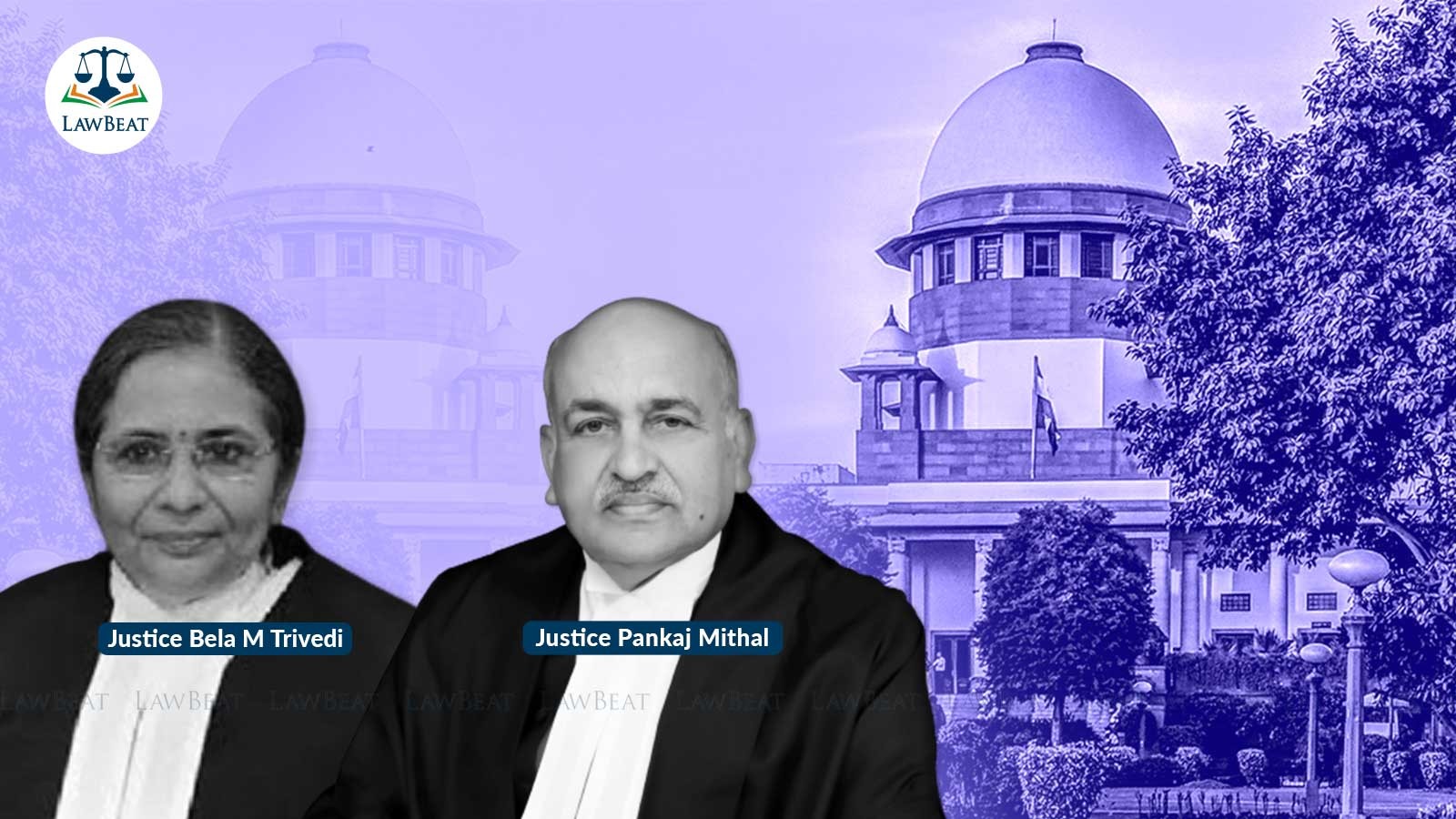'Dichotomy to make litigation immortal vis-a-vis mortal beings,' SC declines plea to condone 5659 delay in land acquisition case

Court has said the object of limitation is to put an end to every legal remedy and to have a fixed period of life for every litigation as it is futile to keep any litigation or dispute pending indefinitely
The Supreme Court has on April 8, 2024 said the power to condone the delay or to admit an appeal preferred after the expiry of time is discretionary in nature and may not be exercised even if sufficient cause is shown based upon host of other factors such as negligence, failure to exercise due diligence etc.
A bench of Justices Bela M Trivedi and Pankaj Mithal said the law of limitation is founded on public policy and is enshrined in the legal maxim “interest reipublicae ut sit finis litium” i.e. it is for the general welfare that a period of limitation be put to litigation.
"The object is to put an end to every legal remedy and to have a fixed period of life for every litigation as it is futile to keep any litigation or dispute pending indefinitely. Even public policy requires that there should be an end to the litigation otherwise it would be a dichotomy if the litigation is made immortal vis-a-vis the litigating parties i.e. human beings, who are mortals," the bench said.
The bench pointed out the courts have always treated the statutes of limitation and prescription as statutes of peace and repose. They envisage that a right not exercised or the remedy not availed for a long time ceases to exist. This is one way of putting to an end to a litigation by barring the remedy rather than the right with the passage of time.
The court made these observations while dismissing an appeal filed by Pathapati Subba Reddy (Died) by legal representatives and others against the Andhra Pradesh High Court's judgment declining to condone delay of 5659 in connection with land acquisition matter in Guntur district.
The court said the High Court was justified in refusing to exercise its discretionary power to condone the delay in filing the appeal.
It noted firstly the claimants were negligent in pursuing the reference and then in filing the proposed appeal. Secondly, most of the claimants have accepted the decision of the reference court. Thirdly, in the event the petitioners have not been substituted and made party to the reference before its decision, they could have applied for procedural review which they never did. Thus, there is apparently no due diligence on their part in pursuing the matter, the bench said.
In its decision, the bench, after harmonious consideration of the provisions of the law, and previous judgments, summarised:
(i) Law of limitation is based upon public policy that there should be an end to litigation by forfeiting the right to remedy rather than the right itself;
(ii) A right or the remedy that has not been exercised or availed of for a long time must come to an end or cease to exist after a fixed period of time;
(iii) The provisions of the Limitation Act have to be construed differently, such as Section 3 has to be construed in a strict sense whereas Section 5 has to be construed liberally;
(iv) In order to advance substantial justice, though liberal approach, justice-oriented approach or cause of substantial justice may be kept in mind but the same cannot be used to defeat the substantial law of limitation contained in Section 3 of the Limitation Act;
(v) Courts are empowered to exercise discretion to condone the delay if sufficient cause had been explained, but that exercise of power is discretionary in nature and may not be exercised even if sufficient cause is established for various factors such as, where there is inordinate delay, negligence and want of due diligence;
(vi) Merely some persons obtained relief in similar matter, it does not mean that others are also entitled to the same benefit if the court is not satisfied with the cause shown for the delay in filing the appeal;
(vii) Merits of the case are not required to be considered in condoning the delay; and
(viii) Delay condonation application has to be decided on the parameters laid down for condoning the delay and condoning the delay for the reason that the conditions have been imposed, tantamounts to disregarding the statutory provision.
